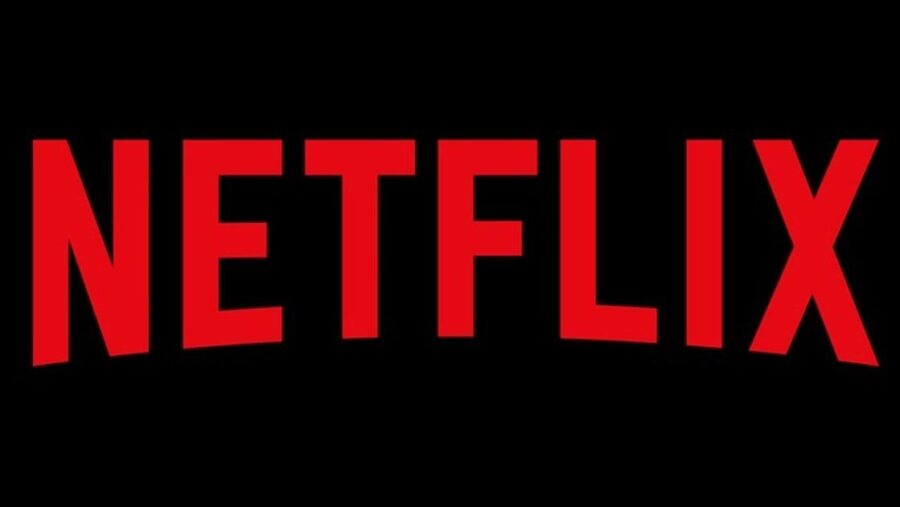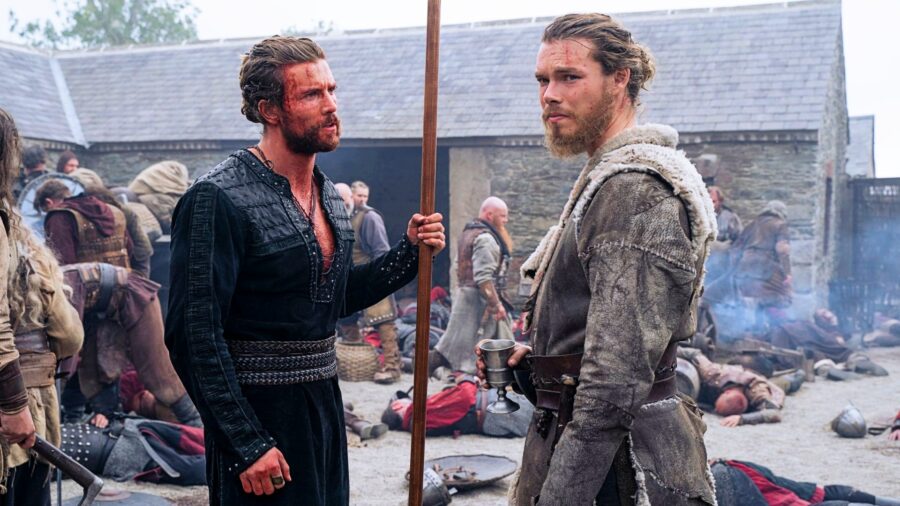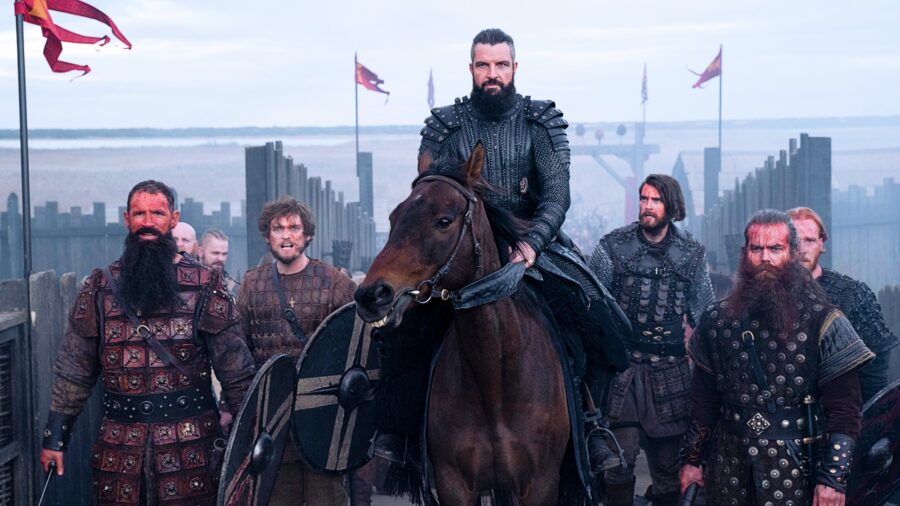Netflix’s #1 New Series Is A Hit On Rotten Tomatoes
Netflix has a brand new series out, and not only is it their number one most-watched show in the United States, but critics are loving it.
This article is more than 2 years old

Netflix has a brand new series out, and not only is it their number one most-watched show in the United States, but critics are loving it. Of course, being the global content machine that it is, it sometimes can feel like they have a new original series or movie coming out every day (and that’s not even counting the regular adjustments of their other streaming content). But apparently, this new show is something special, because just about a week after it debuted, the show has a 90% critic rating on Rotten Tomatoes. It is also predominately the most-watched Netflix show right now, globally. What’s that show? None other than Vikings: Valhalla.

It might seem unusual for Netflix’s most streamed show to be a spin-off of a relatively little-watched show from another network entirely. But that’s the case with Vikings: Valhalla, which is a sequel series to the Canadian History network’s Vikings. While that show was moderately well-reviewed and kept an adequate viewership for its six seasons, it never had the cultural impact of say, Game of Thrones (which shared a lot of its furry cloaks and medieval violence aesthetic) or even The Tudors (which had the secret weapon of Jonathan Rhys Meyers and Henry Cavill’s smoldering looks). The latter series was actually created by the same person as the first Vikings show, Michael Hirst. Most famous for writing the Cate Blanchett-starring Elizabeth and Elizabeth: The Golden Age, Hirst has always seemed to focus on historical epics. Vikings was no different, but for Vikings: Valhalla, he passed the baton to one Jeb Stuart.
The primary creator of Vikings: Valhalla, Jeb Stuart also wrote one of the most important and influential action films of all time, Die Hard. While there might not be much direct connection between Bruce Willis trying not to get killed by Alan Rickman in Nakatomi Plaza Tower and 11th century Viking warriors, it is safe to assume he knows how to plot an action story. Stuart has had a long and successful career in Hollywood since Die Hard (which was amazingly his very first screenplay), including working on the screenplay for the 1993 Harrison Ford thriller The Fugitive. It is definitely a sideways move for him to get into the historical Northmen epic genre, but it seems like critics and audiences are all on board.

Michael Hirst’s Vikings series followed the path of Ragnar Lodbrok, a real-life historical Viking figure. While little can be verified about the origins of the historical Ragnar, Vikings portrayed him as a poor farmer who gains power by staging raids on England. By the end of the series, he is a king and the show began to follow his sons and their own raids and adventures. Vikings: Valhalla picks up even further down the timeline, a hundred years after that time. The show is following figures like the legendary explorer Leif Erikson (portrayed by Sam Corlett) and the first Norman King of England, William the Conqueror (portrayed as a descendent of a character from Vikings). While Vikings received some criticism from historians for playing very fast and loose with the events of history, it seems pretty clear that neither it nor its sequel is trying to go for perfect accuracy. One of the primary characters of Vikings: Valhalla is Harold Hardrada (played by Leo Suter), was an infant when the events of the show are taking place, as opposed to the grown warrior portrayed. But honestly, when a show is as big a hit as this, who can blame them for fudging the timeline a little?
It is doubtless good for Netflix to have a few hits like Vikings: Valhalla. While the streaming service is still one of the biggest companies in its industry, they have recently begun to lose ground to their main competitors. The glut of MCU shows debuting on Disney+ and HBO Max’s own aggressive release strategy have both undercut Netflix, and the high profile failure of their live-action Cowboy Bebop adaptation is another sign that the once dominant company might be showing some weakness But on the other hand, they are right in the zeitgeist of Northman fever, so they probably don’t have too much to worry about yet.











